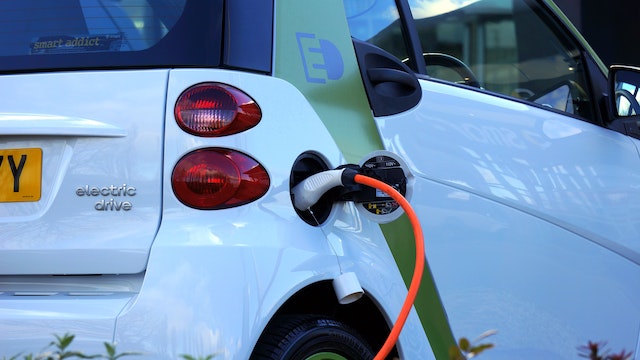The way we store and use energy has just transformed thanks to lithium-ion battery technology. These powerful energy storage technologies have permeated every aspect of our daily lives, from electric cars to cell phones. This article examines the most recent developments in lithium-ion battery technology and how they affect energy storage and the market for electric vehicles.
History of Lithium-Ion Batteries
The first lithium-ion batteries were created in the late 20th century, with portable electronics being its primary target market. Early models had several issues: limited energy density, safety problems, and relatively short battery life. Despite these shortcomings, lithium-ion batteries quickly rose to the top of the list for many applications because of their small size, high energy density, and multiple rechargeability.
Recent Advancements in Lithium-Ion Battery Technology
Recent years have witnessed significant advancements in lithium-ion battery technology, addressing many initial challenges. Some of the most notable breakthroughs include:
- Improved energy density: Greater energy storage capacity is now possible because of new battery chemistries and materials created by researchers. Lithium-ion batteries can now store more energy in a more compact and lightweight form, making them perfect for various uses.
- Enhanced charging speeds: Lithium-ion batteries now charge more quickly, thanks to technological advances. This is crucial for electric vehicles because long charging durations might significantly hinder their broad adoption.
- Increased safety and stability: The stability and safety of lithium-ion batteries have been improved with the development of new materials and designs. Due to these developments, thermal runaway and battery fires, which once posed a severe threat with early lithium-ion battery technology, are now less likely.
- Extended battery life: Lithium-ion batteries now last longer and retain their capacity more effectively over time because of research advances extending their life.
Impact of Lithium-Ion Battery Advancements on Energy Storage
The subject of energy storage has dramatically benefited from advances in lithium-ion battery technology. More renewable energy, like solar and wind power, can now be stored thanks to increased capacity, which has helped us become less dependent on fossil fuels. This is especially crucial as nations work to cut greenhouse gas emissions and meet their renewable energy commitments.
Improved lithium-ion batteries also aid in better energy management and grid stability. Utility companies are better able to control changes in power demand and supply, which results in a more steady and dependable electrical system.
Impact of Lithium-Ion Battery Advancements on Electric Vehicles
The advancements in lithium-ion battery technology have been a game-changer for the electric vehicle (EV) industry. Key impacts include:
- Increased driving range: Electric vehicles are more appealing to potential purchasers since they can travel farther on a single charge thanks to batteries with higher energy densities.
- Shorter charging times: The time it takes to recharge an electric vehicle has decreased because of faster charging rates, removing one of the main obstacles to EV adoption.
- Lower production costs: Electric vehicles have decreased overall due to the development of more efficient and affordable lithium-ion batteries, making them more affordable for customers.
- Adoption by major automotive manufacturers: Major manufacturers have expanded their interest in and investment in electric car models due to advances in battery technology.
Challenges and Future Directions
Although lithium-ion battery technology has advanced significantly, problems still exist. These include addressing the environmental effects of battery production and disposal, enhancing energy density even more, and lowering costs. Additionally, solid-state batteries are being researched and developed as prospective competitors and replacements.
For these issues to be resolved and the full potential of these sophisticated energy storage devices to be realized, there must be ongoing research and development in lithium-ion battery technology. We must keep investing in cutting-edge battery technologies to fulfill the rising demand for clean, dependable, and cost-effective energy storage solutions as we work toward a more sustainable and energy-efficient future.
In summary, advances in lithium-ion battery technology have revolutionized the energy storage and electric car industries. These devices are now more efficient, dependable, and affordable thanks to advancements in energy density, charging rates, safety, and battery life. This creates new opportunities for renewable energy storage and electric transportation. We may anticipate more developments as research and development continue, bringing us one step closer to a sustainable, energy-efficient future run by advanced lithium-ion batteries.


